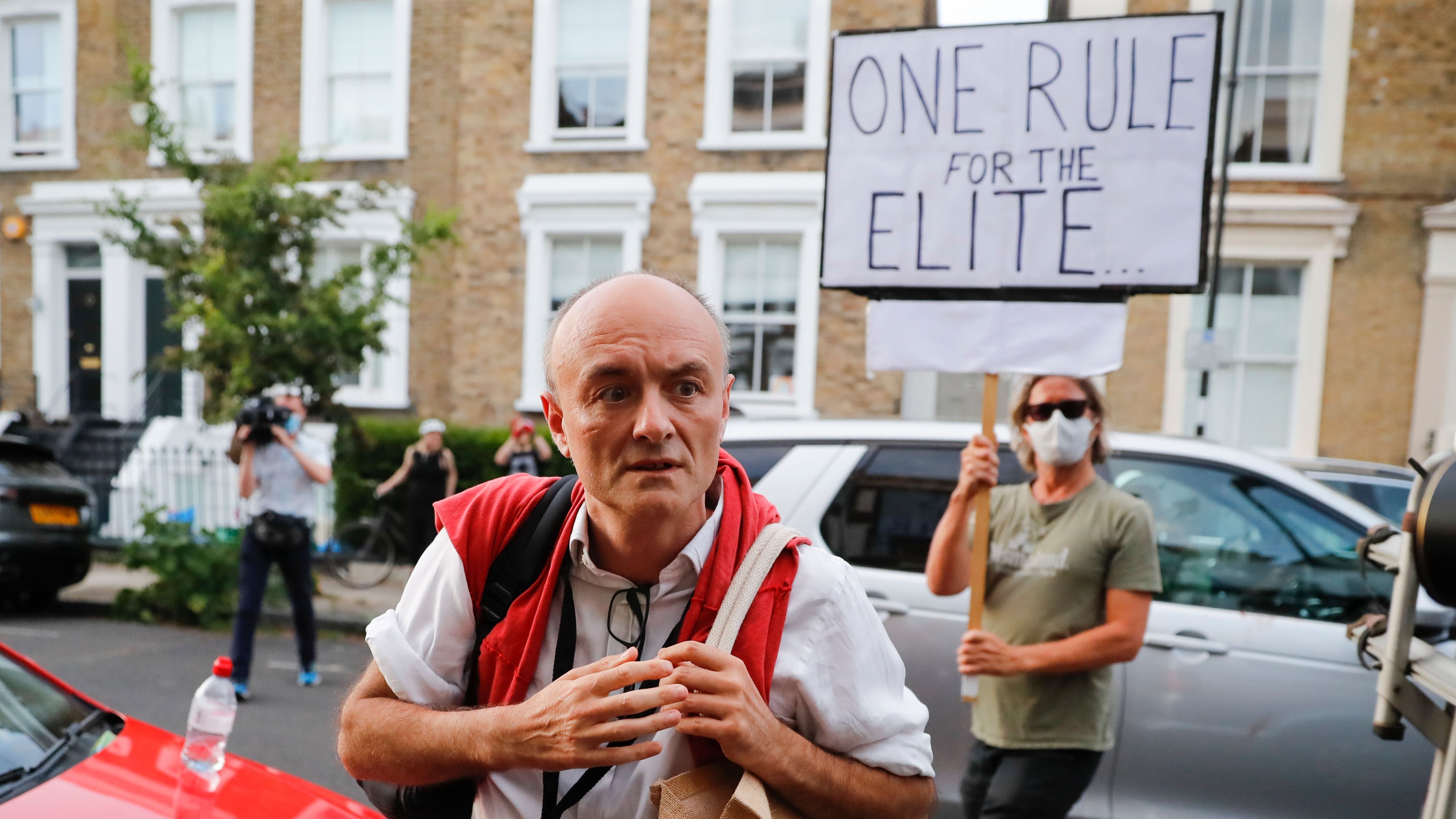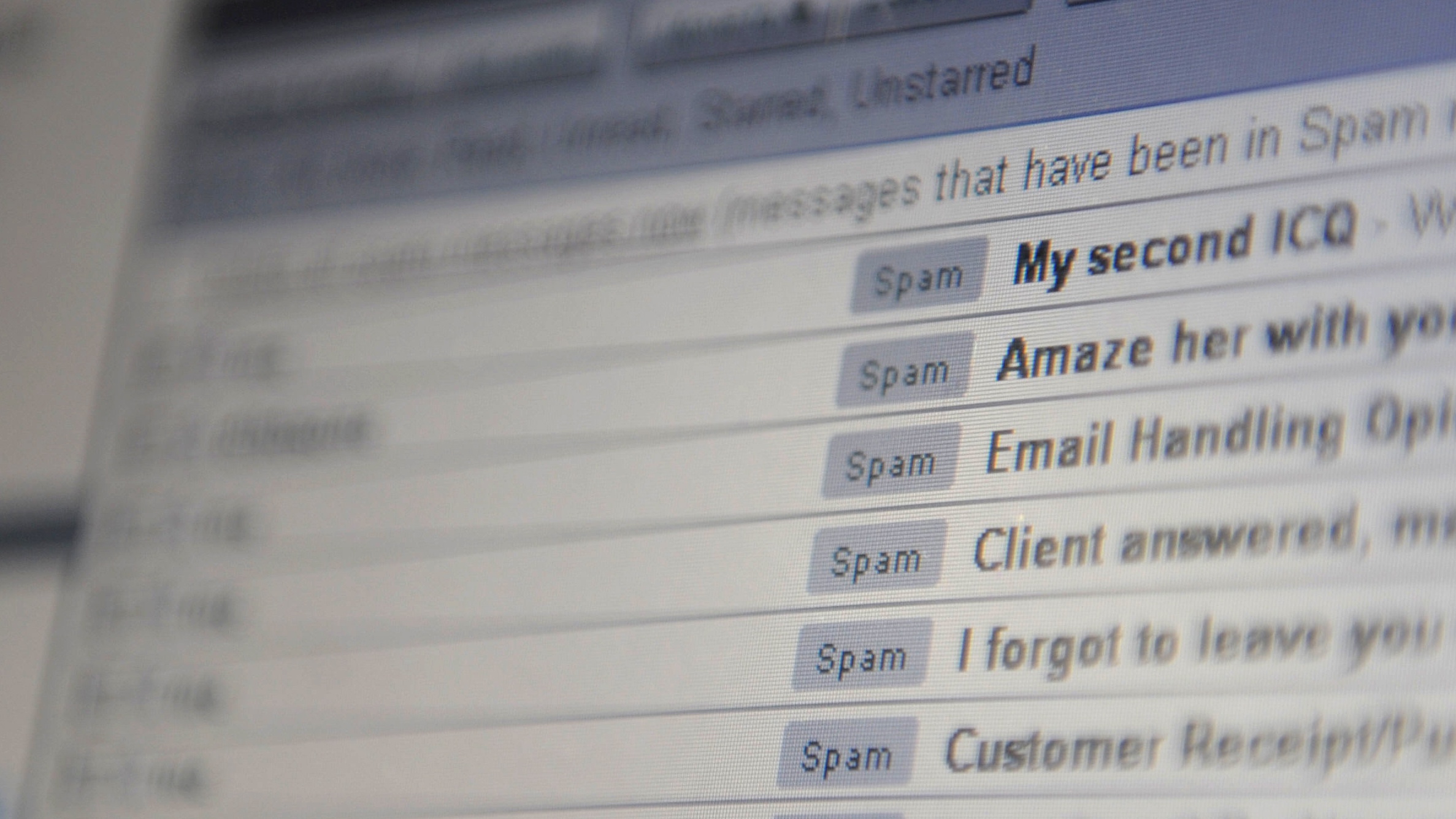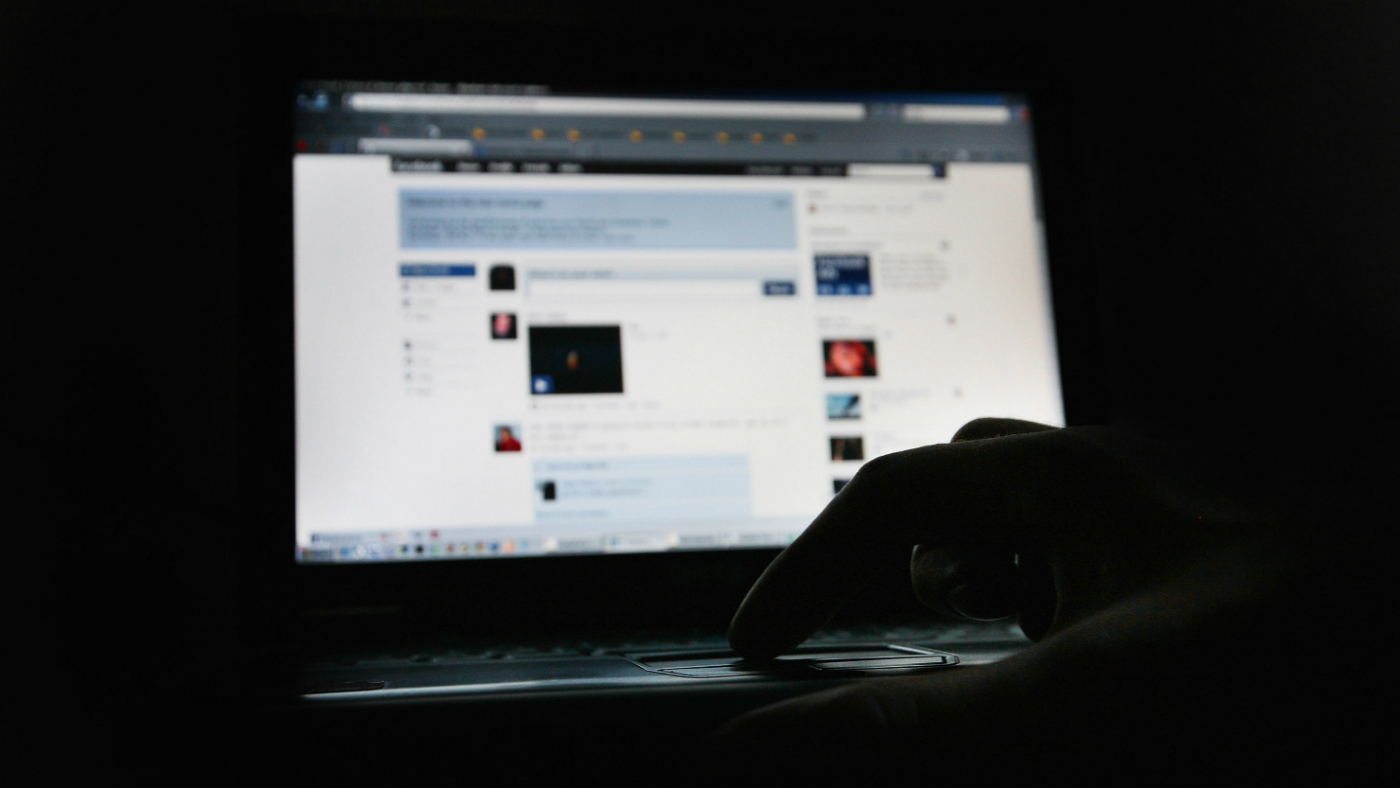Is addiction to online shopping a mental illness?
New study says more than £2.5 million Brits have buying-shopping disorder

A free daily email with the biggest news stories of the day – and the best features from TheWeek.com
You are now subscribed
Your newsletter sign-up was successful
Addiction to online shopping is a mental health condition, say psychiatrists.
In a study published in Comprehensive Psychiatry, researchers report that about 5% of adults in developed countries — more than 2.5 million Britons — have an extreme form of craving known as buying-shopping disorder.
After analysing patients who had sought treatment for compulsive shopping they found that 33.6% showed signs of addiction to online shopping, linking it to a “higher severity” of anxiety and depression.
The Week
Escape your echo chamber. Get the facts behind the news, plus analysis from multiple perspectives.

Sign up for The Week's Free Newsletters
From our morning news briefing to a weekly Good News Newsletter, get the best of The Week delivered directly to your inbox.
From our morning news briefing to a weekly Good News Newsletter, get the best of The Week delivered directly to your inbox.
“Patients with BSD buy more consumer goods than they can afford,” said the authors of the report. “They are neither needed nor frequently used. The excessive purchasing is primarily used to regulate emotions, for example to get pleasure [or] relief from negative feelings.”
They said the rise of online shopping had aggravated the problem because the internet provided increased “availability, anonymity, accessibility, and affordability”.
Experts are divided over the report's claims.
Leon Marsh a director at Parkland Place in North Wales, which offers rehabilitation from a range of addictions including shopping, told The Times: “That buzz that shopping gives you is very similar to a first hit of drugs or first drink of alcohol. In the immediate short term, when you’re feeling low self-esteem or self worth, shopping excessively can take those feelings away.”
A free daily email with the biggest news stories of the day – and the best features from TheWeek.com
However, Dr Richard James, a psychology professor at the University of Nottingham, said more research is needed. He added: “There is a whole debate over whether researchers are over-pathologising behaviour – that is, are they being a bit too over-zealous in classing them as addictions? That shouldn’t be done without quite a lot of thought.”
The World Health Organisation does not classify addiction to shopping as a mental health condition, unlike gambling and video game addiction, pyromania and kleptomania.
–––––––––––––––––––––––––––––––For a round-up of the most important stories from around the world - and a concise, refreshing and balanced take on the week’s news agenda - try The Week magazine. Get your first six issues for £6–––––––––––––––––––––––––––––––
-
 Local elections 2026: where are they and who is expected to win?
Local elections 2026: where are they and who is expected to win?The Explainer Labour is braced for heavy losses and U-turn on postponing some council elections hasn’t helped the party’s prospects
-
 6 of the world’s most accessible destinations
6 of the world’s most accessible destinationsThe Week Recommends Experience all of Berlin, Singapore and Sydney
-
 How the FCC’s ‘equal time’ rule works
How the FCC’s ‘equal time’ rule worksIn the Spotlight The law is at the heart of the Colbert-CBS conflict
-
 How cybercriminals are hacking into the heart of the US economy
How cybercriminals are hacking into the heart of the US economySpeed Read Ransomware attacks have become a global epidemic, with more than $18.6bn paid in ransoms in 2020
-
 Language-learning apps speak the right lingo for UK subscribers
Language-learning apps speak the right lingo for UK subscribersSpeed Read Locked-down Brits turn to online lessons as a new hobby and way to upskill
-
 Brexit-hobbled Britain ‘still tech powerhouse of Europe’
Brexit-hobbled Britain ‘still tech powerhouse of Europe’Speed Read New research shows that UK start-ups have won more funding than France and Germany combined over past year
-
 Playing Cupid during Covid: Tinder reveals Britain’s top chat-up lines of the year
Playing Cupid during Covid: Tinder reveals Britain’s top chat-up lines of the yearSpeed Read Prince Harry, Meghan Markle and Dominic Cummings among most talked-about celebs on the dating app
-
 Brits sending one less email a day would cut carbon emissions by 16,000 tonnes
Brits sending one less email a day would cut carbon emissions by 16,000 tonnesSpeed Read UK research suggests unnecessary online chatter increases climate change
-
 Reach for the Moon: Nokia and Nasa to build 4G lunar network
Reach for the Moon: Nokia and Nasa to build 4G lunar networkSpeed Read Deal is part of the US space agency’s plan to establish human settlements on the lunar surface
-
 iPhone 12 launch: what we learned from the Apple ‘Hi, Speed’ event
iPhone 12 launch: what we learned from the Apple ‘Hi, Speed’ eventSpeed Read Tech giant unveils new 5G smartphone line-up
-
 Russian agency behind US election meddling ‘created fake left-wing news site’
Russian agency behind US election meddling ‘created fake left-wing news site’Speed Read Facebook says real reporters were hired by fake editors to write about US corruption